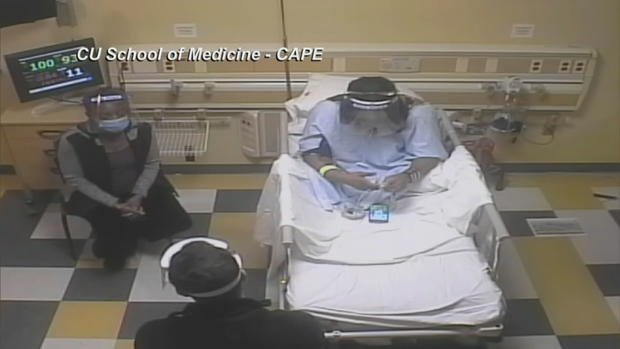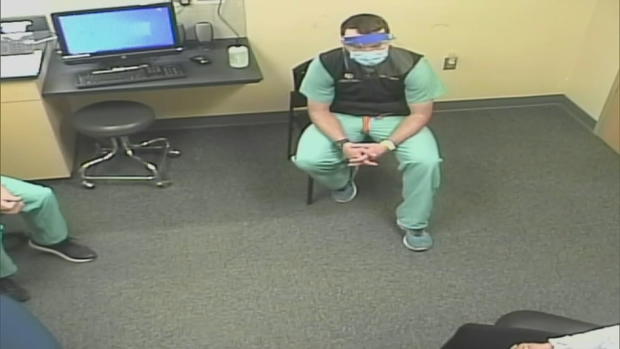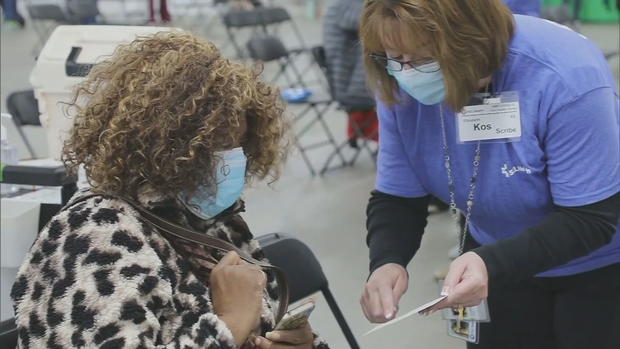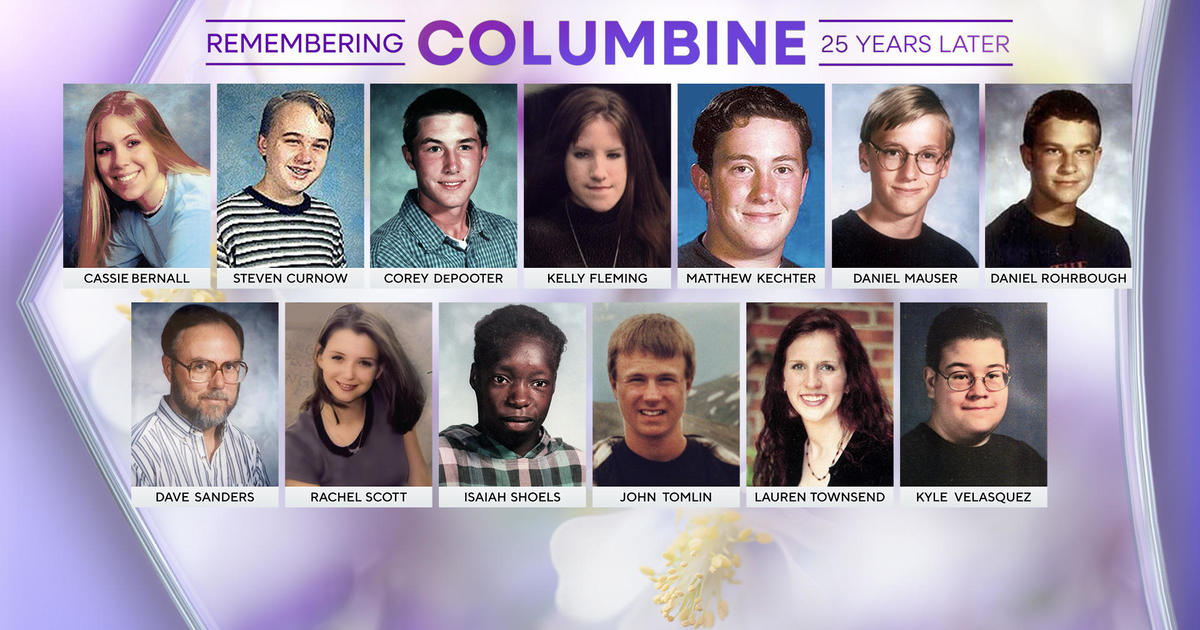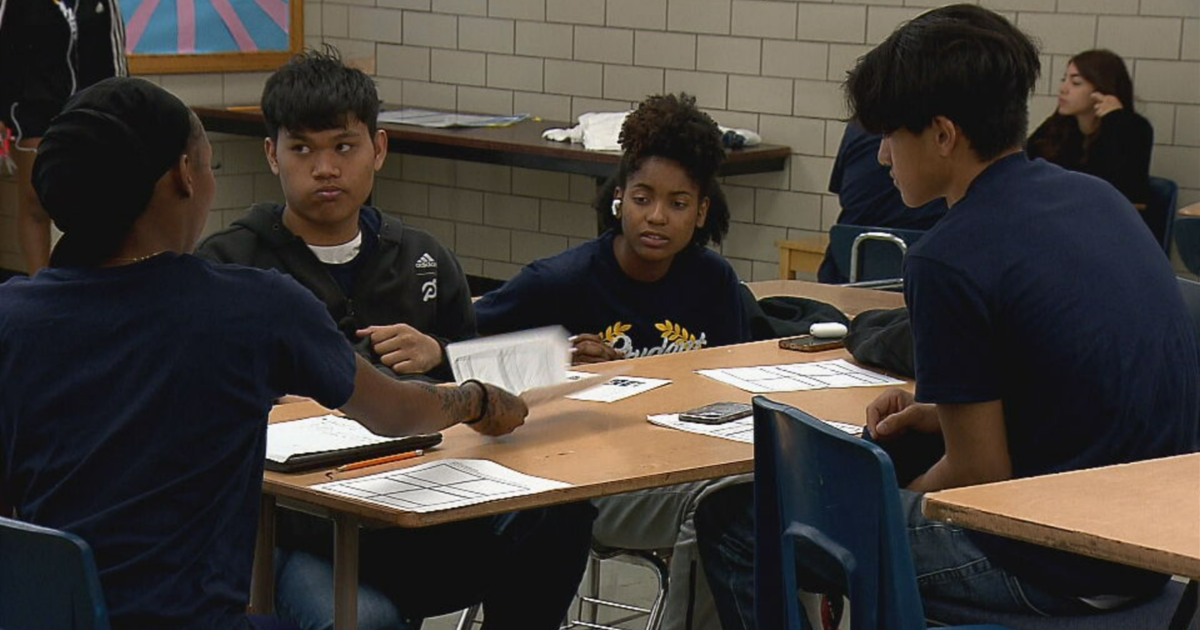'Treating People The Right Way': CU Medical Residents Take Course In Health Equity
AURORA, Colo. (CBS4) – According to The Institute of Medicine, racial and ethnic minorities often receive lower quality of care than non-minority patients. The Center for Advancing Professional Excellence hosted a Health Equity Through Cultural Sensitivity Simulation at CU Anschutz Medical Campus for future healthcare providers.
Residents from the University of Colorado School of Medicine learned about the impact diversity has on health equity.
"The history of this country has led to inequities for certain groups in health care. In order to improve those, we have to identify those biases, identify areas where there's systemic racism and institutionalized racism, and be able to battle those," said Dr. Jackie Ward-Gaines, Diversity, Equity and Inclusion Lead for CU Emergency Medicine.
The intention of Wednesday's simulation was to help residents gain a better understanding of health equity, address patients' social determinants of health and reflect on their own cultural sensitivity.
Residents were placed in eight patient scenarios, each highlighting diverse communities. Jocelyn Blake of the Center for Advancing Professional Excellence helped write the simulation cases. Like many people of color, she's experienced many firsthand.
"I've definitely had situations where I've said I'm in pain and then I'm either told to come back, or I'll be fine. That's why we have the simulation. We want to have these conversations and we want to address these types of inequities because it's happening to people every day," said Blake.
From language barriers to homelessness, high-fidelity manikins and standardized patients created real-life situations for residents.
Smitha Bhaumik, a third-year resident, told CBS4 about a case involving a sick, elderly Black man who was very nervous about entering the medical system. Bhaumik worked to build rapport.
"I don't come into a doctor's appointment nervous that I'm not going to be taken seriously, or afraid that the color of my skin or my background is going to be to my detriment in the same way that a lot of the patients we saw today have to deal with. I definitely felt privileged in that regard. I felt a sense of responsibility to be able to recognize that bias and try to check it as best we can," said Bhaumik.
Another resident, Greg Weiner, said the cases involving gender equality and inclusion were especially meaningful.
"It was an important day. Being a white male, less biases are pushed towards me. It allowed me to kind of think deeper and harder and make sure that I'm treating people the right way. And that I'm treated the right way. I also have the right to not have biases thrown at me. The entire day, which was an amazing experience, allows us to think about the bigger picture and about the human. For me, that's the part of medicine that I love," said Weiner.
This was the first cultural sensitivity training day with residents, but CAPE says it will not be the last. They plan to continue this work to bridge the gap for health inequity.
